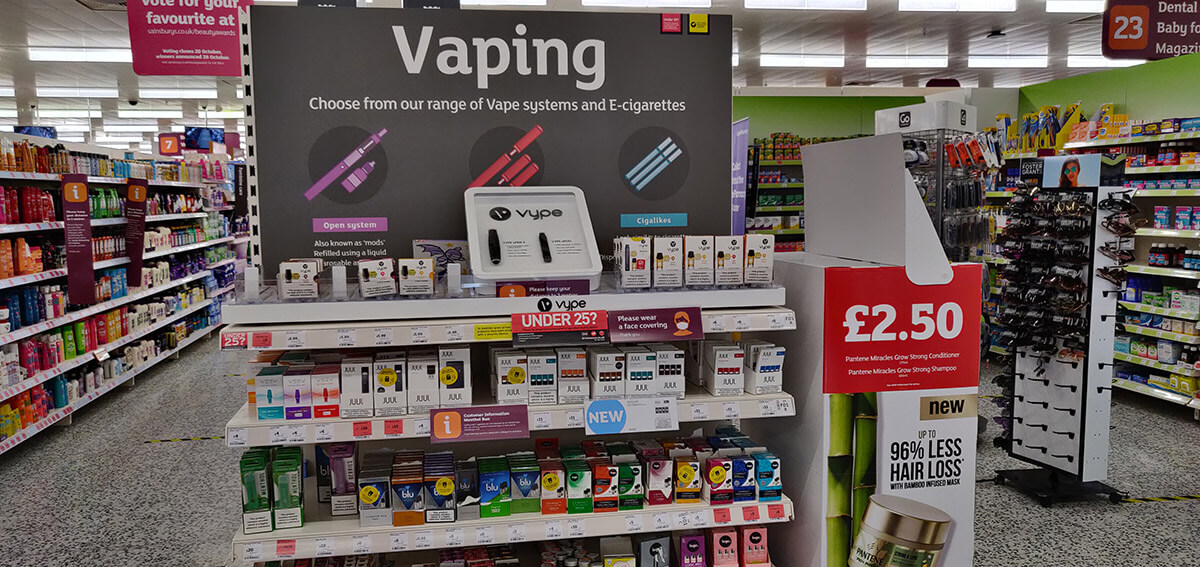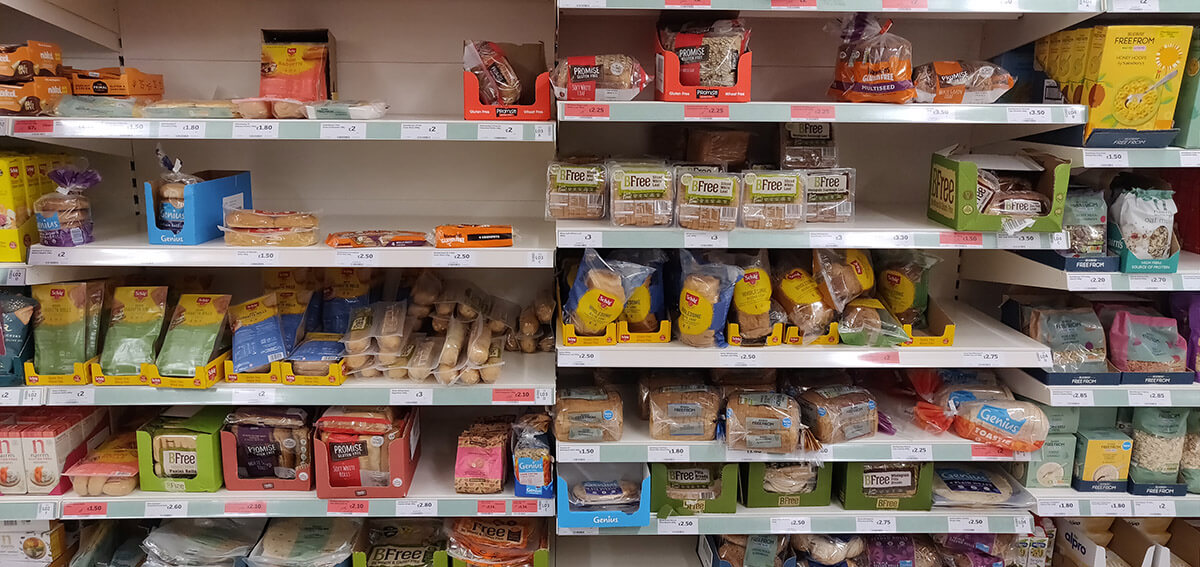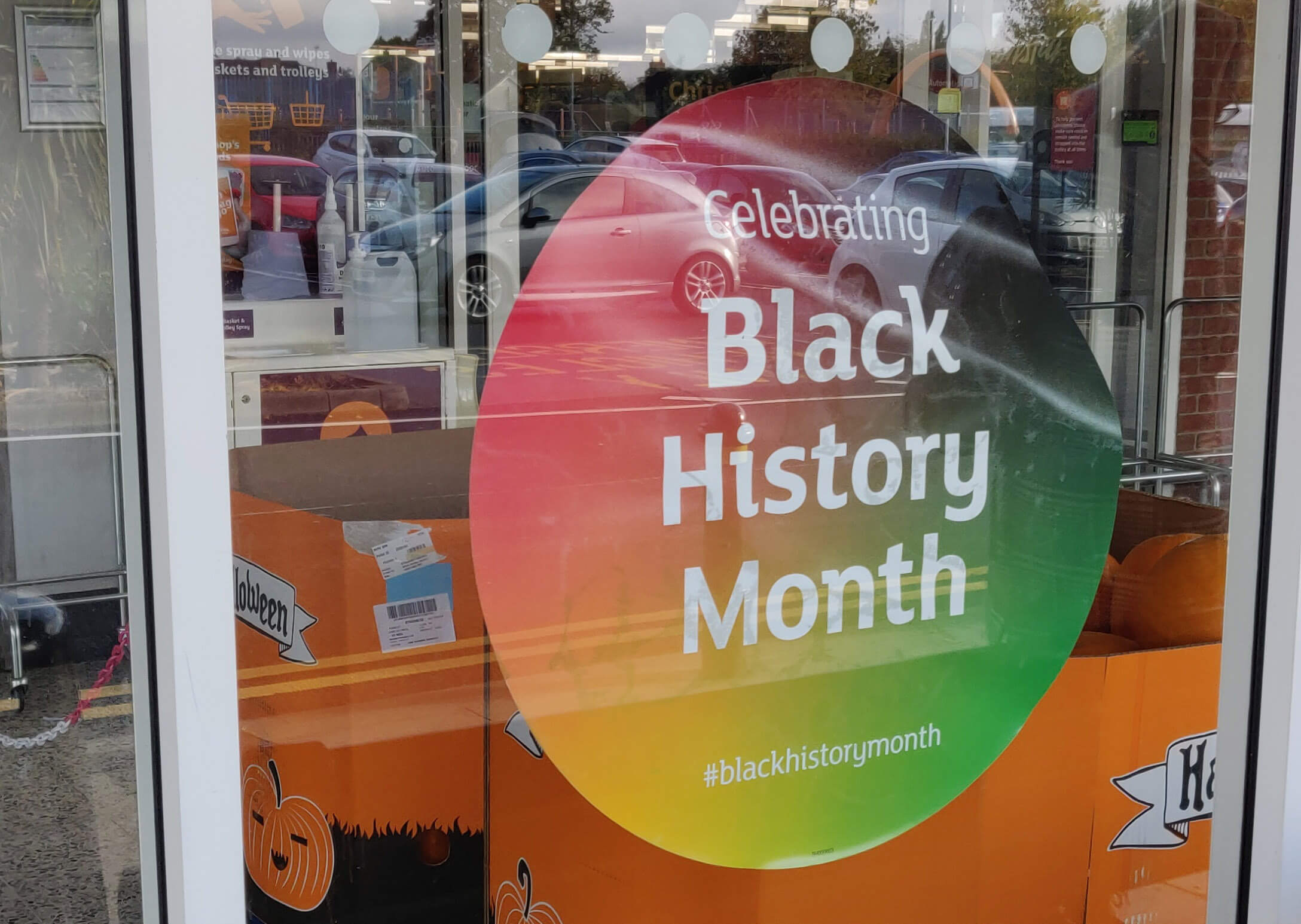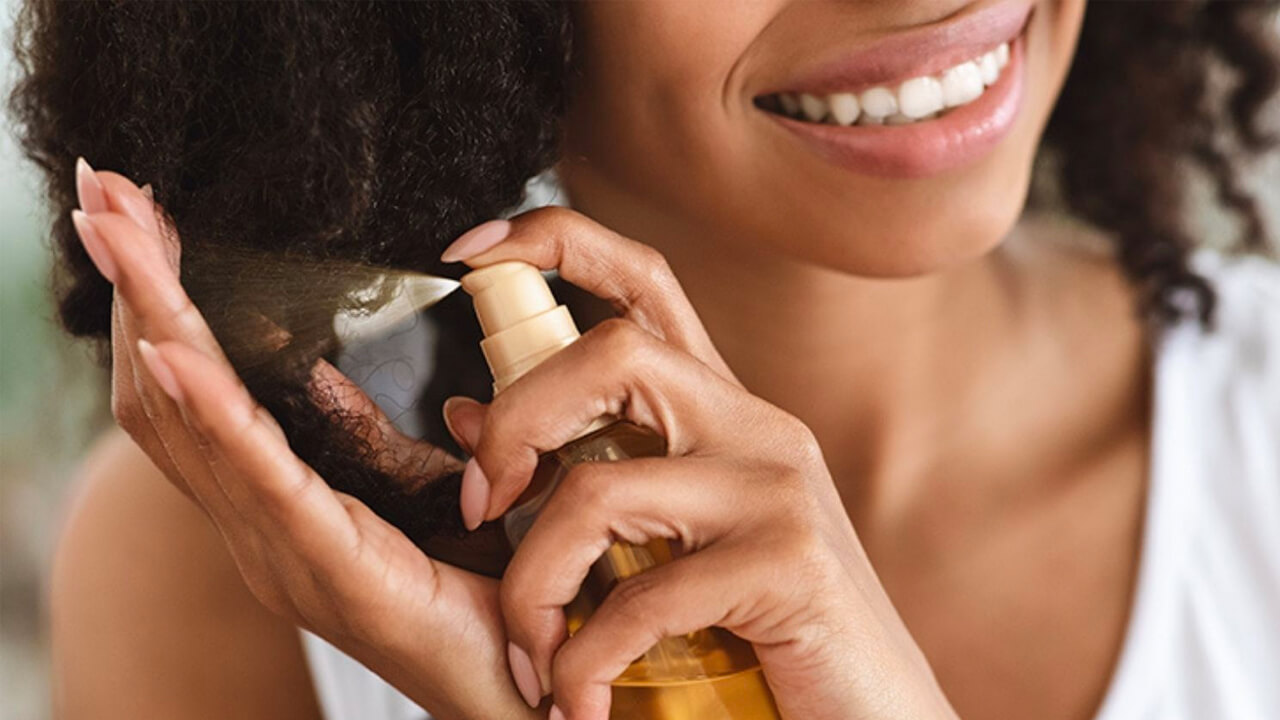Representation is incredibly important in many contexts especially for children and young adults and those from minority groups.
But before we peel back the layers of why representation matters and the lack of it in the world of afro hair care, first, let’s talk about the power of “NO”.
It really is important to say no at times. For example:
- Saying “no” to more work when you’re already up to your eyeballs and drowning in what’s already on your plate.
- Saying “no” when someone asks to touch your hair
- Last but not least, saying “no” to staying quiet about the lack of natural and afro hair care products in our supermarkets
You see? Saying no is sometimes important and can be the right decision. Without the power of no, afrodrops would cease to exist and we’d have one less proactive voice to fight against afro hair oppression.
Now, back to those layers of representation…
As I said before, representation matters, a lot. It matters just as much in the world of hair care too. However in this space, there’s a huge gap and it really is hidden in plain sight.
To highlight the issue, I’ve a few questions to ask you.
How is it OK to have an expansive selection of vape liquids, yet not a single afro-centric hair product?
Sure, vaping is popular. In fact, 7.1% of the population are vapers and like with many markets, there’s a limitless selection of options. In this case, different flavours, nicotine strengths and brands etc to choose from.
Let’s put that in to perspective, 7% of the population is pretty small and vaping is a fairly niche product to stock in a supermarket, yet it has got an entire end aisle to itself.
How is it ok to have almost two aisles of haircare and again, not a single afro-centric hair care option?
That’s right – two aisles of hair care from super-popular household names such as Head & Shoulders right down to artisan and more exclusive brands like Moroccanoil and Aussie Hair Care. The selection here is impressive, but something’s missing..
There’s not a single afro-friendly or afro-centric hair care product on the shelf in this supermarket. Not one.
Now, compared to the 7% of the population that vape, only 3% of the population in the UK are black. A fairly small number right?
However, only 2% of the UK are vegan and it goes without saying that there’s a great selection of plant-based options available in this same supermarket (or any supermarket for that matter).
What’s interesting is that there are a number of afro-friendly products which are great for all hair types too. It’s not just about stocking products for black people, but stocking products for a wider range of natural hair types.
To use another example…
There’s a healthy selection of gluten-free foods in this same Supermarket yet only 1% of the population are diagnosed with coeliac disease.
The evidence and proof that afro hair is massively underrepresented and that this is a problem is clear to see.
My point here is that having a small target audience for a product doesn’t correlate to the amount of shelf space and product selections available in this supermarket. This is deeper than demographics and here’s where we arrive at the heart of the problem.
The message to me and others with afro hair is clear…
So, what exactly does all of this say to men and women that look like me or suggestible young adults or my kids? I’ll tell you what it says, screams in fact. It says “We don’t see you.”
Remember, we’re not talking about edge case specialist products here that can only be purchased in dedicated retail stores like car parts or computing equipment. We’re simply talking about toiletries.
There are products on the shelf to tackle bleeding gums and products that disinfect your washing machine. There’s three different electric kitchen scales and endless battery sizes on display but again, not one afro-centric product.
I’m not asking for the world here or to narrow the number of European hair centric products. All I’m asking for is some afro-friendly hair care products to be made conveniently available to customers that want them.
So, why is representation important?
It’s important because it means that people with hair like mine aren’t made to feel as if their hair type is inferior to European hair or isn’t as beautiful. Our hair is beautiful in all its natural glory.
Representation encourages confidence, it helps people relate to others and feel seen, it creates powerful role models and stops us from having to see our hair as ‘edge case’, ‘specialist’ or ‘inferior’.
It’s what I, as a founder, have set out to achieve with afrodrops – a fair representation of natural hair, to proactively fight afro hair oppression and to help eradicate the negative connotations of afro hair.
You ‘proudly’ celebrated Black History Month in October. I think it’s time you now prove it and put your money where your window stickers were.
Your move, Sainsbury’s.
How supermarkets can make a real difference
I worked for a large online healthcare brand around five years ago and I asked, “Why don’t we sell any afro-centric products online?” To which I was told, “”It’s not an area we know much about.” Ignorance can no longer be used as an acceptable excuse.
For afro hair care to be taken seriously in our supermarkets, we must diversify the talent recruited within the merchandising and buying teams of these retailers. In doing so, supermarket brands can begin to have real in-depth conversations about natural hair care products and identify key lines to stock. Without this fundamental change at the top, our shelves won’t be changing anytime soon either.
Lastly, another lockdown is looming over our heads in the UK and specialist afro hair care shops on the high street are likely to be considered non-essential if April’s lockdown was anything to go by.
There’s an even greater responsibility on supermarkets to diversify their hair care ranges and help those of us with natural hair continue to access hair care throughout the pandemic.





